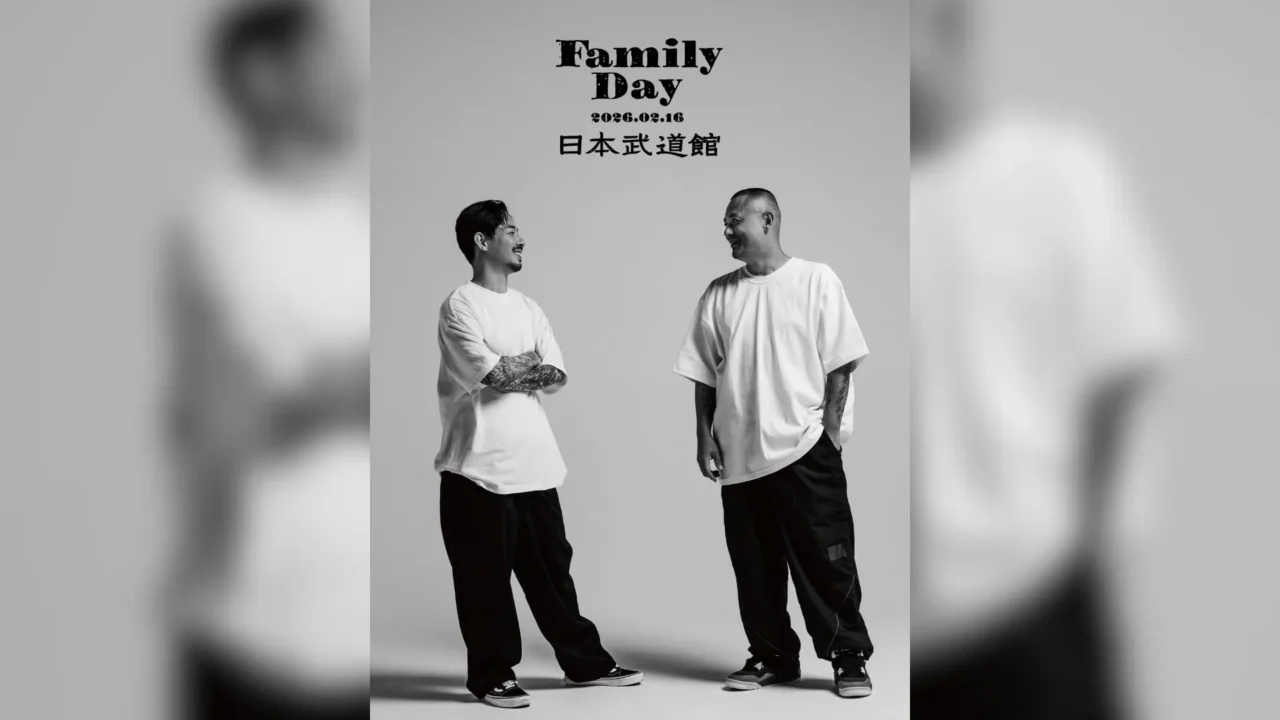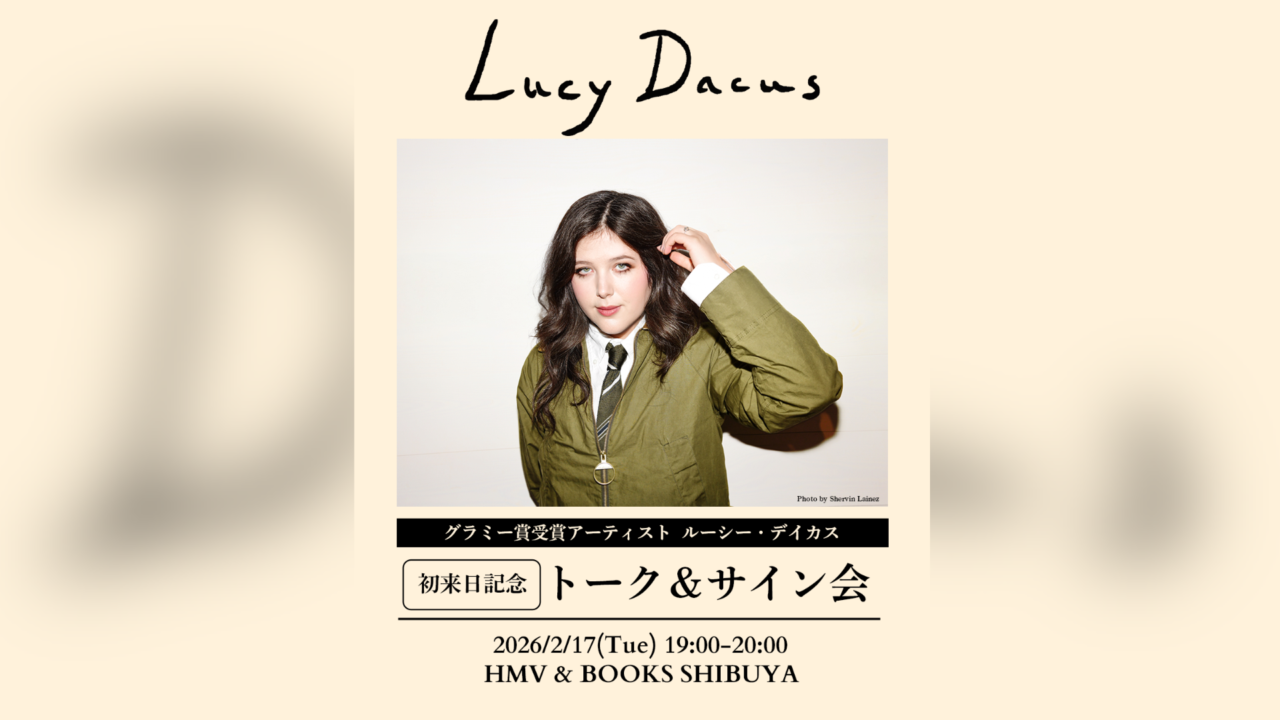INDEX
The Pervasive Value of “Right Answers” and the Recognition of Creative Experiences in the Ideal Role of Artists
Gunji:
I’m not a particularly political person, but given the current state of the world, I feel even more strongly about this. I believe that using language skillfully and engaging in dialogue is crucial in the political realm. However, it’s a harsh reality that there exist relationships with others who are overwhelmingly incomprehensible to us.
When considering how such incomprehensible others can coexist, I think that, despite differing positions and ideologies, there must be a shared sense that there is an external reality, and that each person is an “other” who can connect with that external world. Without this shared understanding, we could find ourselves in an utterly untenable situation.
I think that’s a very important point.
Gunji: That’s why I think it’s important to touch the external world through creative experiences, no matter how small. I’m really glad that talented artists express themselves through those experiences.
If society doesn’t evolve in this way, could it lead to an even stronger tendency to evaluate everything based on quantitative measures?
Gunji: Yes, I have a clear sense of crisis about that. The hype surrounding the development of AI reflects the fact that modern individuals have been unconditionally taught to value logical and objective thinking from a young age.
This also means that rather than acquiring a third-person perspective of the self, it’s given to us from the start. As a result, it becomes even harder to be aware of the external world, and the belief that there is always an “answer,” and that “answers” are inherently valuable, becomes ingrained.
In reality, unpredictable things happen in life all the time. The awareness of that external reality and the creative experiences that allow us to touch what lies beyond the cracks should be equally accessible to everyone.
Katsuura: What he’s saying is both hopeful and a serious warning. It’s a completely different perspective from the idea that everything is art.
Gunji: Exactly. The notion that “everything is art” or “everyone is different, and that’s great” may seem to celebrate diversity, but it ultimately reduces to a quantitative mindset where we unconsciously count “different others” in our heads. In reality, being sensitive to our connection with the external world should be at the core of the concept of diversity. Yet, I worry that we’re increasingly moving in a direction that conceals this.
Katsuura: Your points resonate deeply with me. At the same time, I feel that it provides significant hope for my work as a psychiatrist. I want to consider how I can apply concepts like natural intelligence, creativity, and the external in my own practice.
Gunji: I hope you definitely pursue that. In my book, I discuss survivor’s guilt experienced by tsunami victims, which is generally considered very difficult to treat. However, I believe we can facilitate healing through art, such as music.
What about you, Deto?
Ideto: I want to delve deeper into the process of creation through the coexistence of positive and negative contradictions, as described in my book, Where Does Creativity Come From? — The World of Natural Expression. I feel like I couldn’t fully practice that in this album, so I’m excited to see what might come out if I consciously work on it in the future.
Gunji: I think very few people read my book [laughs], but I hope that the practices of creators like you will help expand the ideas of natural intelligence. In fact, I believe that younger people today are becoming more attuned to natural intelligence.
In the past, there was a stark divide between physical reductionist thinking and ecological thinking. However, in reaction to the dramatic development of artificial intelligence, it seems that the middle ground is becoming more apparent, and people’s sensitivity to the external world is sharpening. Perhaps this is a glimmer of hope amidst the permeation of AI-based value systems.


OGRE YOU ASSHOLE
“Nature and Computer” (2CD) Limited Edition
Official web release on September 18, 2024 (Wednesday)
Price: ¥3,455 (excluding tax)
OYA-2009
[DISC 1]
- 偶然生まれた
- 影を追う
- お前の場所
- 君よりも君らしい
- 快適な麻痺状態
- ただの好奇心
- 熱中症
- 家の外(alternative ver.)
- 自然とコンピューター
- たしかにそこに
[DISC 2]
- 偶然生まれた(instrumental)
- 影を追う(instrumental)
- お前の場所(instrumental)
- 君よりも君らしい(instrumental)
- 快適な麻痺状態
- ただの好奇心(instrumental)
- 熱中症(instrumental)
- 自然とコンピューター
- 家の外(alternative ver. instrumental)
- たしかにそこに(instrumental)
https://oyashop.shopselect.net/items/89248797
https://linkco.re/dRVANCYx?lang=ja
OGRE YOU ASSHOLE
“Nature and Computer” (CD) Regular Edition
Release date: September 18, 2024 (Wednesday)
Price: ¥2,727 (excluding tax)
OYA-2008
- 偶然生まれた
- 影を追う
- お前の場所
- 君よりも君らしい
- 快適な麻痺状態
- ただの好奇心
- 熱中症
- 家の外(alternative ver.)
- 自然とコンピューター
- たしかにそこに

Pegio Gunji
Where Does Creativity Come From? – The World of Natural Expression [Japanese]
August 3, 2023 (Thursday)
Price: ¥1,034 (tax included)
https://www.chikumashobo.co.jp/product/9784480075758

OGRE YOU ASSHOLE
“Nature and Computer” Release Tour
December 8, 2024 (Sunday)
Venue: Shangri-La, Umeda, Osaka
Doors Open: 17:30 / Show Starts: 18:00
Advance Tickets: ¥5,000 (tax included / drink fee not included / all standing) SOLD OUT
Info: SMASH WEST 06-6535-5569
December 21, 2024 (Saturday)
Venue: LIQUIDROOM, Ebisu, Tokyo
Doors Open: 18:00 / Show Starts: 19:00
Advance Tickets: ¥5,000 (tax included / drink fee not included / all standing) SOLD OUT
Info: SMASH 03-3444-6751
https://smash-jpn.com/live/?id=4245
























